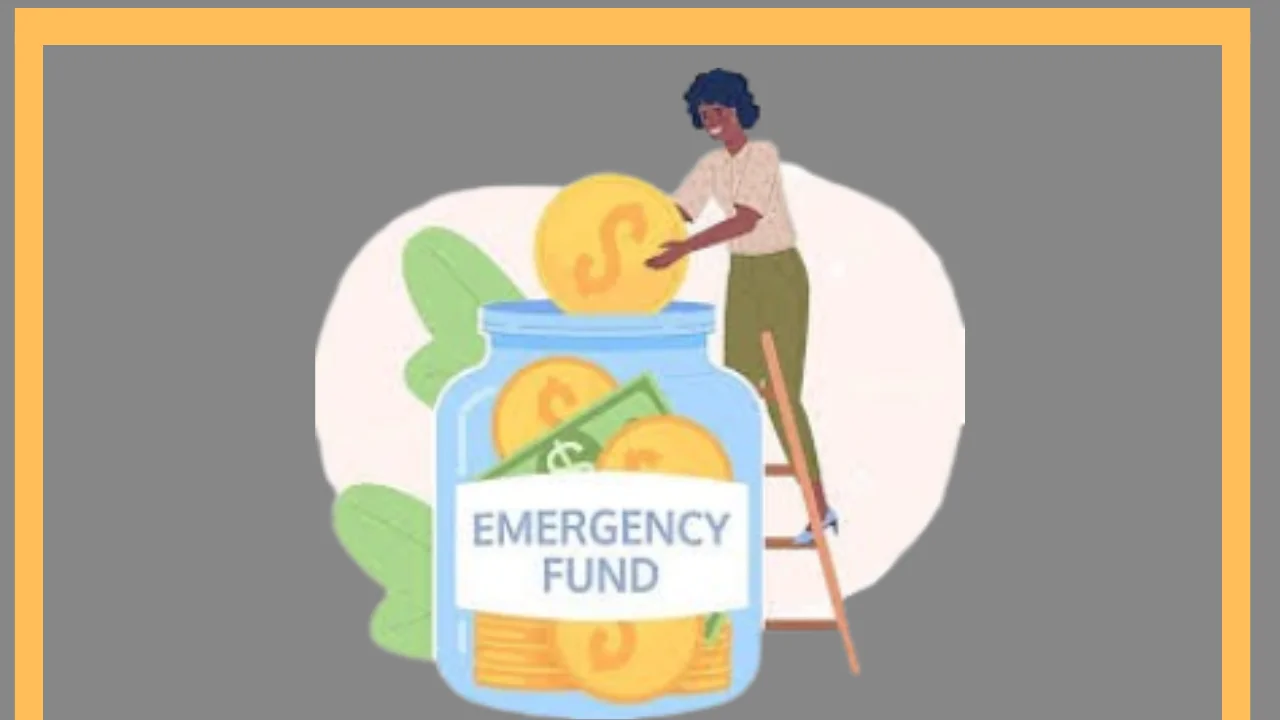In the ever-changing landscape of personal finance, one fundamental principle stands out as a beacon of financial security – the emergency fund. This essential savings account is designed to be your financial lifeline, ready to catch you when life throws unexpected curveballs your way. Whether it’s a sudden job loss, a medical emergency, or a surprise home repair, having a well-stocked emergency fund can be the difference between weathering the storm and finding yourself in a financial crisis.
Introduction to Emergency Funds
An emergency fund is a dedicated savings account specifically set aside to cover unexpected expenses and financial emergencies. It’s a crucial component of a sound financial plan, providing a safety net to help you navigate life’s unpredictable moments without having to resort to high-interest loans or dipping into your long-term savings.
Unexpected Life Events and Financial Emergencies
Life is full of surprises, and not all of them are pleasant. Job loss, medical emergencies, car breakdowns, and natural disasters are just a few of the many unexpected events that can wreak havoc on your financial stability. An emergency fund is your first line of defense against these types of financial curveballs, allowing you to focus on resolving the crisis rather than worrying about how to pay for it.
Building an Emergency Fund
Determining the appropriate size of your emergency fund is a crucial first step. As a general rule of thumb, most financial experts recommend having enough savings to cover 3 to 6 months’ worth of essential living expenses. However, the ideal fund size can vary depending on your individual circumstances, job stability, and other financial obligations.
Creating a Budgeting and Savings Plan
Building an emergency fund requires a strategic approach to budgeting and saving. Start by carefully examining your expenses, identifying areas where you can cut back on discretionary spending, and automating your emergency fund contributions to ensure they take priority.
Tapping into the Emergency Fund
The emergency fund is not meant to be a piggy bank for everyday purchases or non-essential spending. It should be reserved for true financial emergencies, such as job loss, unexpected medical bills, or essential home and vehicle repairs. Once you’ve tapped into the fund, be sure to have a plan in place to replenish it as soon as possible.
The Role of Emergency Funds in Financial Security
The emergency fund is the foundation of financial security, providing a crucial safety net that can help you avoid debt, reduce stress, and maintain your overall financial well-being. By having this resource available, you can focus on addressing the crisis at hand rather than worrying about how to cover the associated costs.
Overcoming Challenges in Building Emergency Savings
Building an emergency fund can be challenging, especially when faced with competing financial priorities. However, by adjusting your spending habits, maintaining discipline, and staying consistent, you can overcome these obstacles and build a robust emergency savings cushion.
Emergency Fund Considerations for Different Life Stages
The optimal size and approach to an emergency fund can vary depending on your life stage and financial responsibilities. Young adults, families with dependents, and pre-retirees may all have different considerations when it comes to building and maintaining their emergency savings.
Emergency Funds in the Context of Broader Financial Planning
The emergency fund is not just a standalone component of your financial strategy; it should be integrated into your broader financial planning, including retirement savings, insurance coverage, and other long-term financial goals.
Real-life Examples and Success Stories
Hearing the real-life experiences of others who have successfully utilized their emergency funds can be a powerful motivator. These success stories illustrate the transformative impact that financial preparedness can have on individuals and families.
Conclusion: The Peace of Mind of Financial Preparedness
In the ever-evolving world of personal finance, the emergency fund stands as a steadfast pillar of financial security. By embracing this essential savings account, you can navigate life’s unexpected challenges with confidence, resilience, and the peace of mind that comes with being financially prepared.









